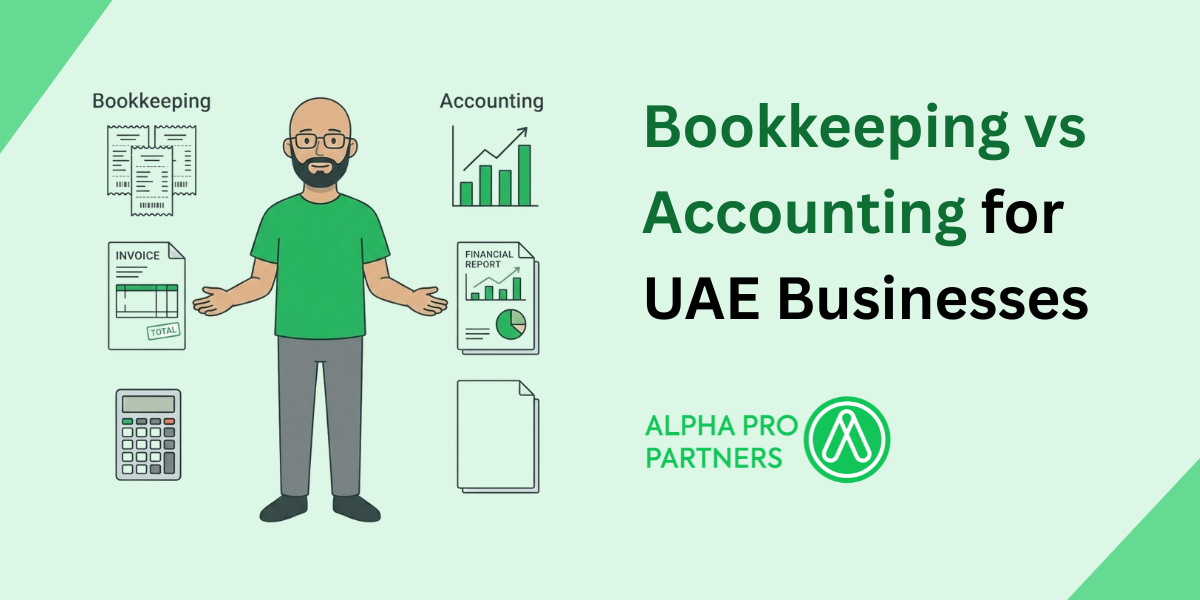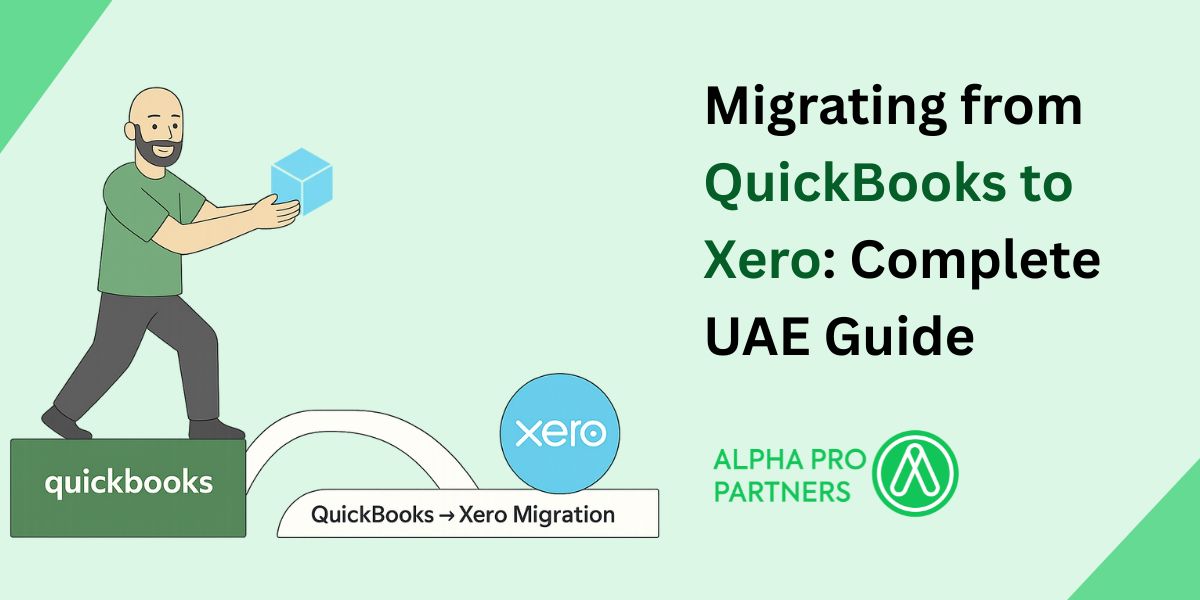Getting Your UAE Corporate Tax Registration Right: A Complete Document Checklist

Corporate tax registration is no longer something you can put off until later. In the UAE, it is a mandatory step for most businesses and certain individuals, and the Federal Tax Authority (FTA) has made it clear that missing deadlines or submitting incomplete applications can have costly consequences.
Yet, many businesses begin their registration without fully understanding the documentation requirements. Even a small mismatch in a passport number, an unclear Emirates ID scan, or a missing authorisation document can cause unnecessary delays. That is why having a comprehensive checklist is essential before you begin.
This guide will walk you through every document you may need, based on your business structure. Whether you operate on the mainland, in a free zone, offshore, or as an individual earning business income, the goal is the same: submit a complete, accurate application and secure your Corporate Tax Registration Number without complications.
Who Must Register for Corporate Tax
The scope of registration is broad, covering a variety of business and individual setups:
- UAE companies – All juridical persons incorporated in the UAE, including those on the mainland, in free zones, and offshore jurisdictions. UAE branches must register under their parent company.
- Individuals with business income – Sole proprietors, licensed freelancers, and others who earn more than AED 1 million annually from business activities.
- Special entities – Holding companies, inactive entities, and certain investment vehicles may still be required to register even if they have little or no active trading.
Understanding the Corporate Tax Rate
Under Federal Decree Law No. 47 of 2022, the standard UAE corporate tax rate is:
- 0% on taxable income up to AED 375,000.
- 9% on taxable income above AED 375,000.
Some large multinational groups may be subject to different rates under OECD Pillar Two rules. Free zone companies can still enjoy a 0% rate on qualifying income if they meet the conditions and maintain compliance with all reporting requirements.
Registration Deadlines and Penalties
Timelines vary depending on when the business was established and the type of taxable person:
- New companies – Must register within three months from the date of incorporation or trade licence issuance.
- Existing companies – Must register by the deadline assigned by the FTA, based on their financial year.
- Individuals – Must register before the FTA’s cut-off date if their turnover from business activities exceeds AED 1 million annually.
Failing to meet these deadlines triggers a penalty of AED 10,000. While a penalty waiver has been offered for early compliance during the transition period, it is unwise to rely on temporary relief.
The Documents You Will Need
Document requirements vary by entity type. Below are the full details.
Mainland Companies
- Copy of valid trade licence.
- Passport copies of all shareholders.
- Emirates ID copies of all shareholders who are UAE residents.
- Passport or Emirates ID of the authorised signatory.
- Proof of authorisation (Power of Attorney, board resolution, or relevant section in the Memorandum of Association).
- Company contact details: physical office address, P.O. Box, email, phone number.
- Branch details including copies of branch licences, if applicable.
Free Zone Companies
- Free zone trade licence.
- Certificate of incorporation (if issued by the free zone authority).
- Passport and Emirates ID copies of shareholders.
- Passport or Emirates ID of the authorised signatory.
- Proof of authorisation (Power of Attorney or board resolution).
- Company contact details.
Some free zones may also require the Memorandum and Articles of Association for shareholder or signatory verification. Free zone entities seeking the 0% qualifying income rate must ensure they meet FTA conditions and can provide evidence when needed.
Offshore Companies
- Certificate of incorporation.
- Memorandum and Articles of Association.
- Passport copies of all shareholders.
- Passport or Emirates ID of the authorised signatory.
- Proof of authorisation (Power of Attorney or board resolution).
- Company and signatory contact details.
Offshore entities managed from the UAE or earning UAE-sourced income may be asked to provide supporting financial documentation.
Individuals with Business Income
- Trade licence or freelance permit (if applicable).
- Passport copy.
- Emirates ID copy (for UAE residents).
- ID and Power of Attorney for authorised representative (if applicable).
- Personal contact details.
Even without a licence, individuals must register if their annual income from business activities exceeds AED 1 million.
Preparing Before You Apply
Before starting the registration process, take the following steps:
1- Check for consistency – Ensure that names, passport numbers, and Emirates ID details match exactly across all documents.
2- Update business records – Verify that your trade licence and Memorandum of Association reflect your current structure and authorised signatories.
3- Scan documents clearly – Use colour scans for passports and Emirates IDs, and ensure all pages are visible and readable.
4- Organise your files – Save documents in PDF format with clear file names for easy identification.
Submitting Your Documents to the FTA
Corporate tax registration is done via the EmaraTax portal. The process is straightforward if your documents are ready:
1- Log in or create an account – Use UAE Pass to access the portal.
2- Complete the registration form – Fill in all business and personal details accurately.
3- Upload supporting documents – Make sure files match the application details exactly.
4- Submit and respond promptly – The FTA may request clarifications or additional documents, so monitor your account and email.
Applications are usually processed within 20 working days if all details are correct.
Why Preparation Matters
Being prepared means avoiding unnecessary delays and reducing the risk of rejection. The FTA expects accurate, complete applications, and missing information can lead to fines or extended processing times.
A well-prepared application also sets the tone for ongoing compliance. Since corporate tax will require regular reporting, establishing good record-keeping habits now will make future filings smoother.
If you want to be certain that your application is approved quickly and without errors, contact Alpha Pro Partners today for a free consultation. We will guide you through the entire process, review your documents, and make sure your corporate tax registration is completed accurately and on tim
Frequently Asked Questions
Do I need audited accounts for registration?
No. Audited accounts are not required at the registration stage, but the FTA may request supporting financial documents later.
Can I register before I have a trade licence?
No. You must hold a valid trade licence or incorporation certificate.
What if my documents are not in Arabic or English?
You must provide a certified translation by a UAE-based translator.
Is there a fee for registration?
No. The FTA does not charge a registration fee. Costs may arise if you use professional assistance.
How long does FTA approval usually take?
Applications are typically processed within 20 working days, provided all details and documents are correct.
Can I appoint an authorised representative to handle registration?
Yes. You can authorise someone with a Power of Attorney or board resolution to complete the process on your behalf.
What happens if I miss the deadline?
A penalty of AED 10,000 will be applied. Delays can also affect your ability to remain compliant in future filings.
Can individuals without a trade licence still register?
Yes. If business income exceeds AED 1 million annually, individuals must register even without a licence.
Will free zone entities always get the 0% rate?
No. Only qualifying income is taxed at 0%, and companies must meet all conditions set by the FTA.
Do I need to submit financial statements when registering?
Not at the registration stage, but you may need them later for compliance and reporting.

.webp)
















.webp)
.webp)


.png)
.png)
.png)
.png)

.png)
.png)



.png)
.png)





.jpg)


.jpg)





.png)
.png)






.png)


